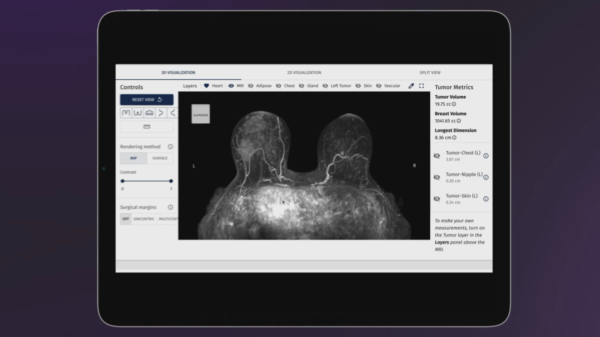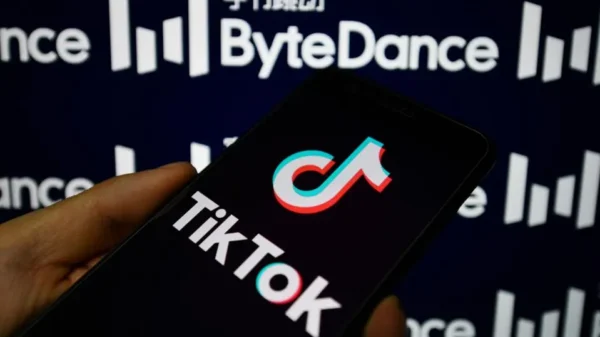X (NASDAQ: TWTR) CEO Elon Musk has jumped into the artificial intelligence market with both feet and a USD$6 billion entry investment.
The company announced on Thursday that the investment is to help bring xAI’s first products to market, as well as build advanced infrastructure and boost research and development.
This isn’t Musk’s first foray into the AI space, either.
In 2015, he co-founded OpenAI alongside the current CEO, Sam Altman, and others.
However, he parted ways with the company in 2018 due to disagreements over its priorities and direction, specifically its move away from open-source AI models and towards proprietary, closed models that they sell access to. Musk became one of OpenAI’s most vocal critics after that.
Fast-forward to July of last year, Musk formally re-entered the generative AI arena with the announcement of xAI. Since then, the company has been aggressively working on building advanced AI systems that it claims will be “truthful, competent, and maximally beneficial for all of humanity.”
Grok, a peculiar skin of OpenAI’s ChatGPT product, is the first of xAI’s first offerings. It’s presently available to premium subscribers on Musk’s X platform.
According to benchmarks shared by xAI, Grok-1 outperformed models like Llama-2-70B and GPT-3.5 but still lagged behind Anthropic’s Claude3, OpenAI’s GPT-4, Google’s Gemini, and Meta’s open-source Llama 3.
The latest funding round has drawn some big names.
These include Andreessen Horowitz, Sequoia Capital, and even Saudi Arabian Prince Al Waleed bin Talal.
Read more: Verses announces Genius public beta preview and webinar June 20
Read more: Verses AI onboards chief product officer in push for AI product Genius
Musk has drawn big name funding for AI effort
According to last year’s filings, xAI was looking to raise up to USD$1 billion in equity investments, and just a few months ago, reports surfaced that they had increased their target to a USD$6 billion.
Developing the hardware capable of powering AI at the level required is expensive. Just last week, a report revealed that xAI would need an astonishing 100,000 of Nvidia‘s (NASDAQ: NVDA) current H100 chips for a supercomputer to power an upgraded version of Grok, each costing between $30,000 to $40,000.
Musk indicated that his overall goal was to launch its data centre in fall of 2025.
That being said, he has some stiff competition in the nascent artificial intelligence space.
Beyond the usual suspects of Big Tech firms already in the space are AI startups like Anthropic, with their Claude AI, but also smaller tech companies like VERSES AI Inc. (CBOE:VERS) (OTCQB:VRSSF), DeepMind and Vicarious.
Founded in 2010, Google acquired DeepMind in 2014. It’s best known for its work in deep learning and reinforcement learning algorithms. DeepMind explores applications of AI in healthcare, robotics, and more.
Meanwhile, Vicarious focuses on developing AI with human-like intelligence, aiming to create algorithms that can learn and think like humans. The company has made progress in areas such as visual perception and robotic control, with a focus on solving complex problems through AI.
Verses AI is taking a different approach to the development of artificial intelligence.
The company modelled its Genius Intelligence-as-a-Service platform after a breakthrough in biological processes. Instead of relying on enormous data sets like traditional artificial intelligence, which excels at pattern recognition and reconstruction, Genius employs nature-inspired biological processes.
Verses AI is a sponsor of Mugglehead news coverage
.














